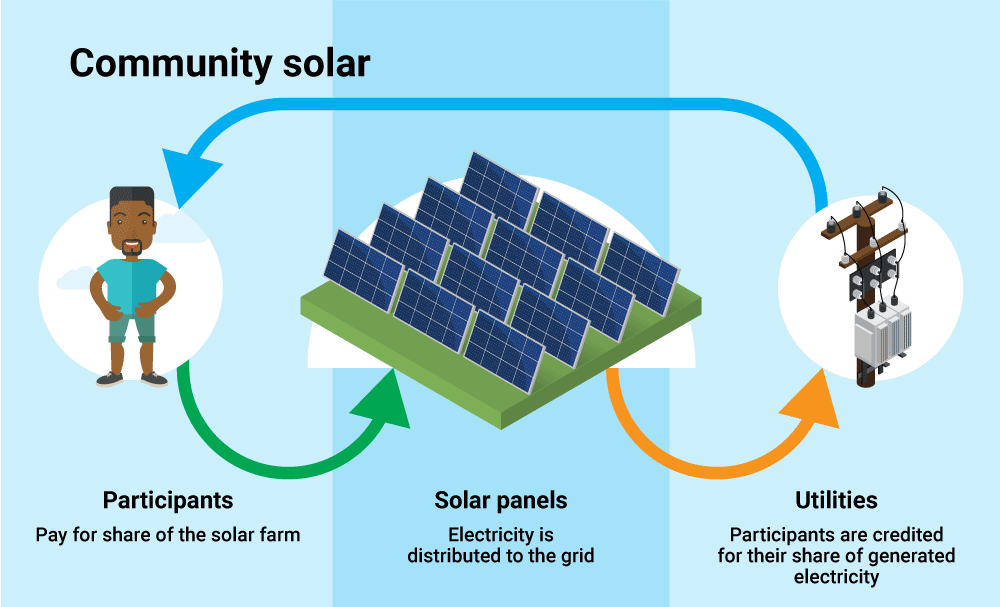In the ever-evolving landscape of solar energy, advocates are constantly seeking answers to critical questions, one of which revolves around the concept of net metering. This pivotal aspect not only impacts individual households but also shapes the trajectory of community solar initiatives like the Bourne Community Solar Farm.
Understanding Net Metering: A Key to Solar Adoption
At the heart of the solar energy movement lies the concept of net metering. This mechanism allows solar panel owners to feed excess electricity generated back into the grid, effectively offsetting their energy costs. Phil Cavallo’s vision for the Bourne Community Solar Farm exemplifies how net metering intertwines with community-centric solar projects, offering an accessible avenue for renewable energy adoption.
Community Solar Farms: A Beacon of Accessibility

Cavallo’s initiative highlights the accessibility inherent in community solar farms. By decentralizing solar energy production, these farms empower individuals who may not meet the prerequisites for rooftop solar installation. This inclusivity opens doors for countless households, offering them the opportunity to embrace clean energy without the constraints of traditional installations.
Bridging Gaps with Innovative Solutions
The Bourne Community Solar Farm serves as a testament to innovative solutions within the solar industry. Cavallo’s approach addresses common barriers to solar adoption, providing a non-invasive alternative that resonates with a diverse demographic. By bridging the gap between accessibility and sustainability, initiatives like this redefine the narrative surrounding solar energy.
Empowering Communities, One Panel at a Time
At its core, the Bourne Community Solar Farm embodies the essence of solar advocacy. Beyond its physical presence, this project symbolizes a collective effort to empower communities through renewable energy. By leveraging net metering and community participation, it paves the way for a future where solar energy is not just an option but a fundamental component of sustainable living.
Conclusion
As solar advocates continue to navigate the complexities of the energy landscape, initiatives like the Bourne Community Solar Farm stand as beacons of progress. Through a deep understanding of concepts like net metering and a commitment to inclusivity, these endeavors shape a future where clean, accessible energy is within reach for all.